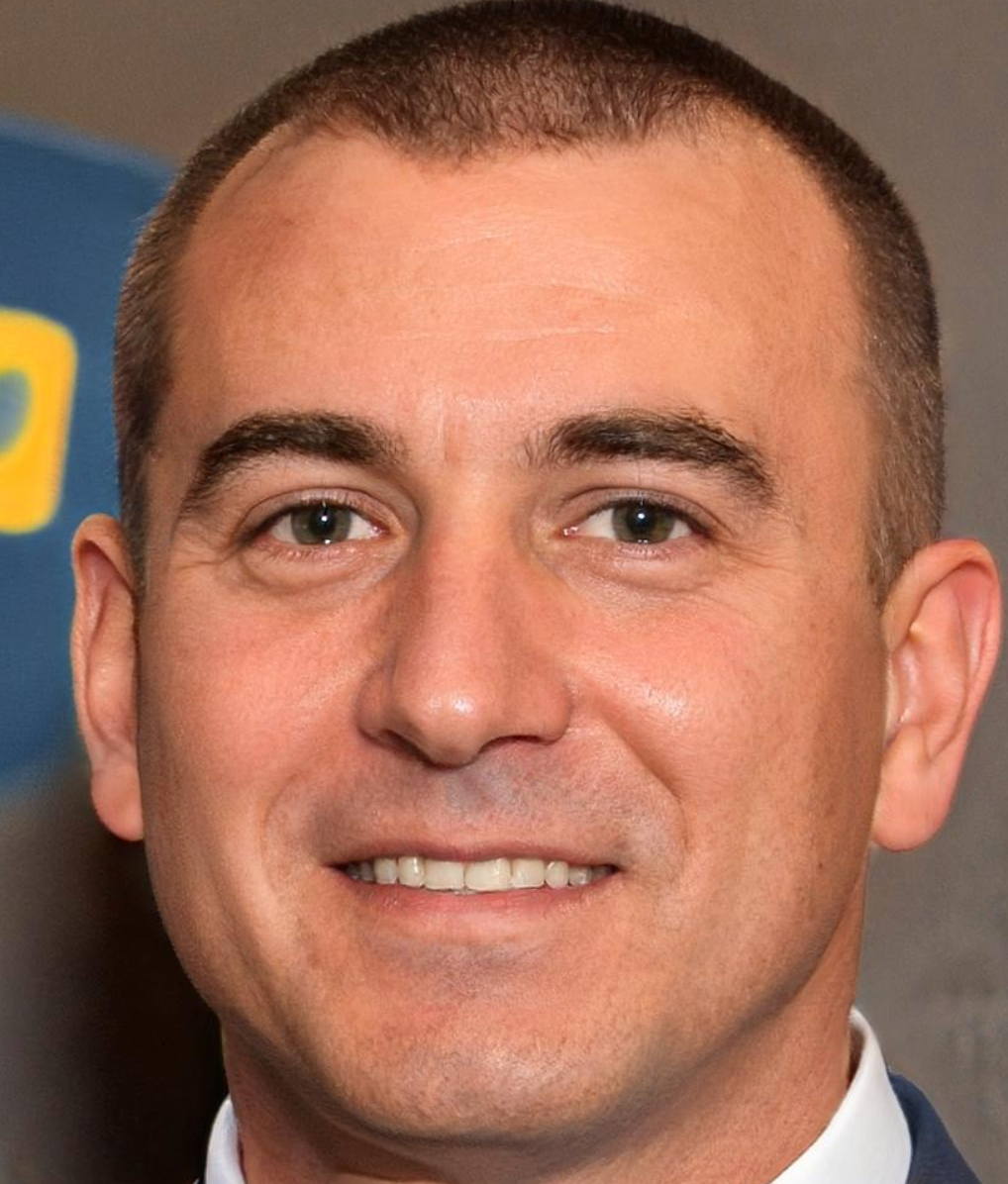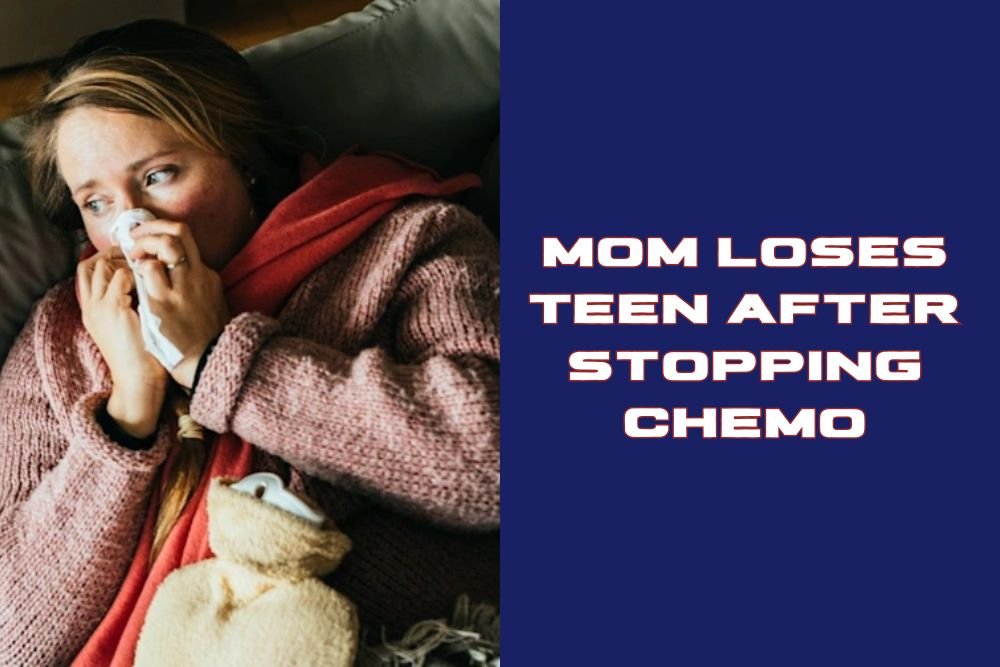Oklahoma Mom Loses Teen After Stopping Chemo—Now She’s Fighting the State to Get Him Back
EL RENO, Oklahoma — A Canadian County mother is locked in a tense court battle to regain custody of her teenage son after state officials took him away when she decided to end his chemotherapy and turn to natural treatments instead. The case has drawn national attention, reigniting debates over parental rights, state authority, and medical freedom.
Mother’s Decision Sparks State Action
The 17-year-old boy was receiving chemotherapy for cancer at OU Children’s Hospital when his mother made the decision a year ago to halt treatment, choosing natural and holistic alternatives in hopes of easing his pain. But late last week, Oklahoma’s Department of Human Services (DHS) obtained emergency custody of the teen after a family member called a hotline accusing the mother of medical neglect. The teen was soon transferred back to the hospital, where doctors administered a blood transfusion and restarted chemotherapy—without his mother’s consent, according to state officials and family advocates.
Supporters Rally Outside Courthouse
Before the hearing at the Canadian County Courthouse, dozens gathered in support of the mother. Many held signs demanding “medical choice for parents” and urging the court to return custody. “We’re here today to show support for a mother fighting for her right to make medical decisions for her son,” said Halie Luther, one of the demonstrators. “They should not be making medical decisions for children. That’s a parent’s God-given right.” According to Oklahoma law, a court can authorize life-saving treatment without parental consent if it’s necessary before a protective custody hearing. Legal experts note, however, that the “reasonable suspicion” standard for removing a child from parental care is among the lowest burdens of proof in law—something that has left many questioning whether state authorities acted too quickly in this case.
Legal Experts Weigh In
Attorney Linque Gillett, who specializes in juvenile law, said that while parents have constitutional rights to make medical decisions for their children, those rights are not absolute. “The state can only step in when a parent is alleged to be unfit,” Gillett explained. “If you’re a fit parent, you should be able to make any medical decisions you want for your child. It’s only when the child’s safety comes into question that the state can intervene.” The Oklahoma Department of Human Services released a brief statement, clarifying that it does not act alone in such cases:
“DHS Child Protective Services is part of a larger child protection system that involves external law enforcement, district attorneys, and the courts. The Department of Human Services does not have the authority to act independently.”
Broader Debate Over Parental Rights
The case has stirred conversation across social media and within Oklahoma communities about how far the government should go in overriding parental decisions related to health and religion. Advocates for medical freedom say the issue isn’t about defying doctors—it’s about ensuring that parents aren’t criminalized for making different choices for their children. Critics, however, warn that choosing unproven treatments could risk a child’s life, and the state has a moral and legal duty to protect minors. As the legal process continues, the mother remains determined to bring her son home and prove she made her decision out of love, not neglect.
For ongoing updates on parental rights, family law, and cultural stories impacting local families, visit NapervilleLocal.com.

I’ve lived in Naperville long enough to see how quickly our community changes — from new developments downtown to sudden shifts in our Midwest weather. Reporting on Naperville news and daily forecasts gives me the chance to keep neighbors informed about what really matters. My goal is simple: deliver clear, timely updates so you always know what’s happening in our city and what to expect from the skies above.

